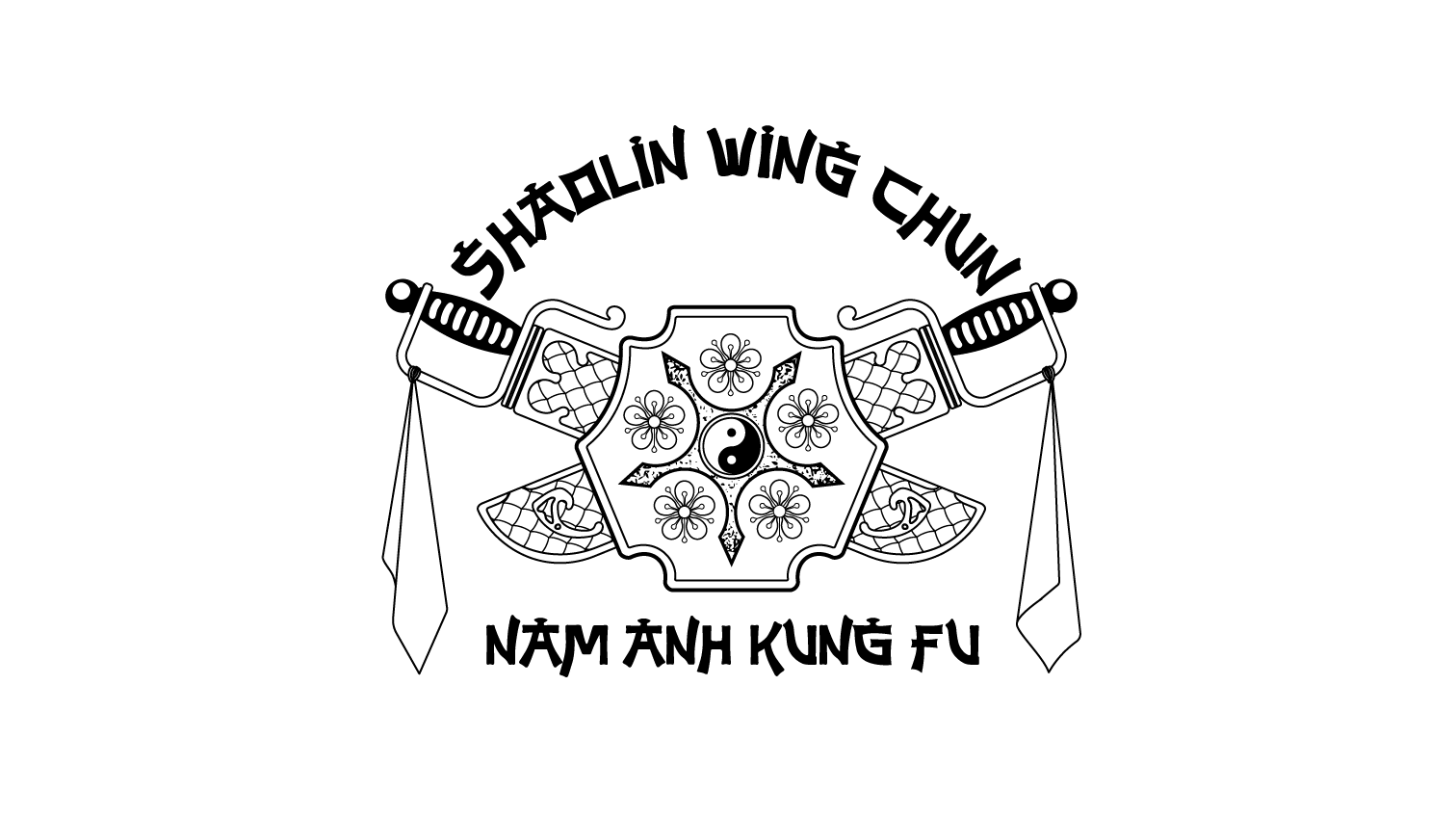GRANDMASTER NAM ANH
Coming from a family with a long tradition in martial arts, Grandmaster Nam Anh was introduced to the Shaolin martial way by his grandfather from an early age.
In 1959, he began the study of Wu Tang under the supervision of Grandmaster Kwan Say Ming.
Following a selective admission as a member of the Ching Woo International Martial Arts Association, a combination of circumstances led him to meet the Grand Taoist Chuong Tchong Fu. This coincidence led him to follow an intensive Wu Tang training in a pagoda located in the Vung Tau Mountains from 1967 to 1969.
From 1969 to 1975, he studied Wing Chun.
As a disciple of Master Ho Hai Long (Nguyen Duy Hai of his real name), who himself inherited the teachings of Grandmaster Nguyen Te Cong. It was also around this time that Mr. Nam Anh and Mr. Ho Hai Long founded the Chan-Chi-Tao School, which means the path of meditation.
Later, a karmic hazard introduced him to the Grandmaster Hang Van Giai at Chi-Hoa Concentration Camp.
Linked by the same destiny, the two political prisoners quickly became good companions. In difficult times, he was introduced to the esoteric sciences of geomancy, physiognomy and the divinatory arts between 1975 and 1977. Following his release, thankfully to the recommendation of Hang Van Giai, he was accepted as an intimate disciple of Grandmaster Nguyen Minh’s in order to improve his knowledge of Wing Chun from 1977 to 1983. Subsequently, Grandmaster Nam Anh was awarded the rank of red belt ninth degree and was chosen by the delegation of the Diamond Temple as the Grandmaster of the sixth generation of the Shaolin Wing Chun Orthodox School in Vietnam. His selection was notably attributed to his knowledge and his close ties with modern society. Meanwhile, in 1978, he met Liu Ping, a Tchuong Tchuong confrere Chung Fu, who took him under his wing as a trusted disciple and became his spiritual guide.
Exceptionally, in 1979, he led the study of Pak Mei Orthodox in Vietnam.
Thanks to a humane gesture towards the son of Grandmaster Chong Wai Bac (Chong Bi Tac, the blind master), he was introduced to the Grand Master leader of the Pak Mei Orthodox School, Loo Ping Woon. In order to deepen his martial knowledge and pursue his quest for ultimate combat, Grandmaster Nam Anh began learning Pak Mei. In 1986, Grandmaster Loo Ping Woon bequeathed to Grandmaster Nam Anh the last form of Pak Mei, before his departure to America. In 1997, following the death of Grandmaster Loo Ping Woon, he became Grandmaster leader of the Pak Mei School of the Loo Ping Woon lineage, which began the end of hostilities between the two schools in Vietnam.
While pursuing a career in martial arts, Grandmaster Nam Anh also engaged in other professional activities:
- He holds a Master’s degree in Public International Law and a Bachelor of Arts in French and German from the Faculty of Pedagogy from the University of Saigon.
- 1969 to 1973: Member of the Union of Journalists of Vietnam, Assistant to the Editor-in-Chief of “Vo Thuât” or “Martial Arts” magazine, unique in Vietnam at this time.
- 1973: Member of the Bar Association of Vietnam.
- 1973 to 1975: Legal Advisor of the French Embassy in Vietnam.
- 1977 to 1986: Member of the Association of Jurists of Vietnam.
- Upon his arrival in Quebec in 1986, he obtained the status of professor responsible for the Wing Chun Kung Fu program at the Physical Education and Sports Center of the University of Montreal (Cepsum) 1986-2004, while pursuing graduate studies in International Business Law at the University of Montreal.
